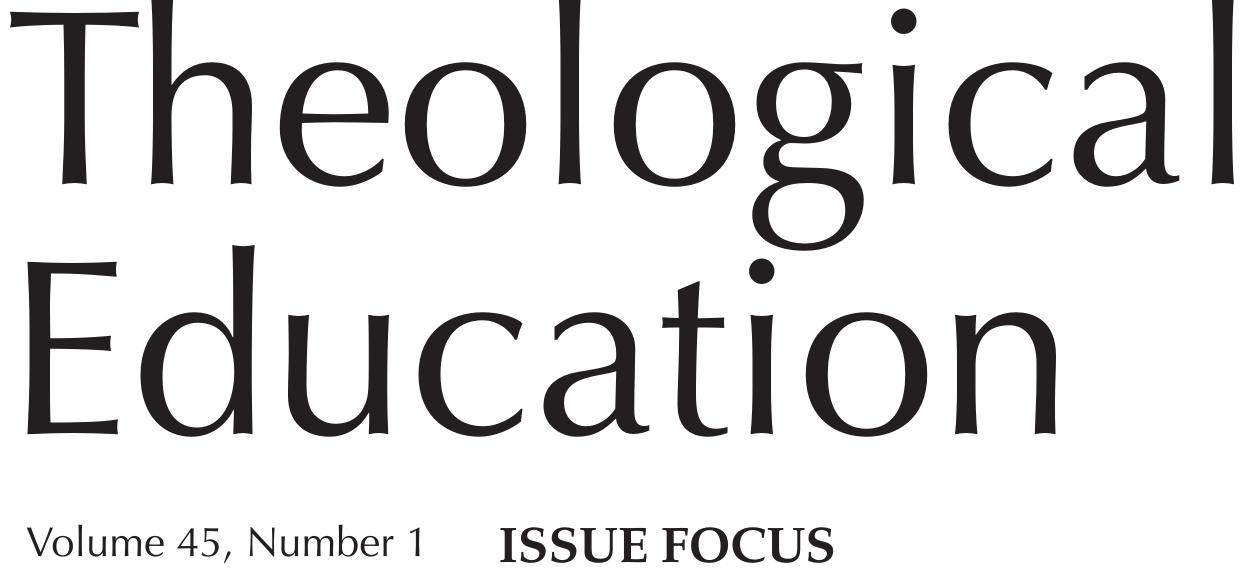Key research themes
1. How can pedagogical models effectively integrate student-centered learning, blended instruction, and transformative assessment to enhance theological education?
This research theme investigates integrated pedagogical frameworks that address the evolving demands of theological education. It matters because theological institutions face pressures from societal changes, technological advancements, and the need for contextualized, transformative learning. By focusing on student-centered teaching, blended learning modalities, and transformative assessment, educators aim to create effective, relevant, and equitable theological training models that support diverse student needs and promote deep learning outcomes.
2. What are the core challenges and transformative potentials in the incorporation of Artificial Intelligence (AI) in theological education?
This theme centers on AI's emerging role in reshaping theological curriculum, teaching methodologies, and student learning within theological institutions. It is critical due to rapid AI advancements and their ethical, epistemological, and pedagogical implications for religious education. Investigations explore both pragmatic benefits—such as personalized learning and enhanced textual analysis—and challenges including ethical concerns, loss of human agency, and maintaining theological integrity amidst technological innovation.
3. How does theological education contribute to the reformation and holistic formation of church leadership and society in diverse cultural contexts, particularly in Africa and Nigeria?
This theme addresses theological education as a catalyst for ecclesial and societal transformation, leadership formation, and cultural engagement within African contexts. The research examines historical developments, institutional roles, challenges such as resource constraints and cultural resistance, and best practices in aligning theological education with spiritual formation and ministerial competency, highlighting its vital role in addressing post-colonial realities and fostering contextualized ministry.

















